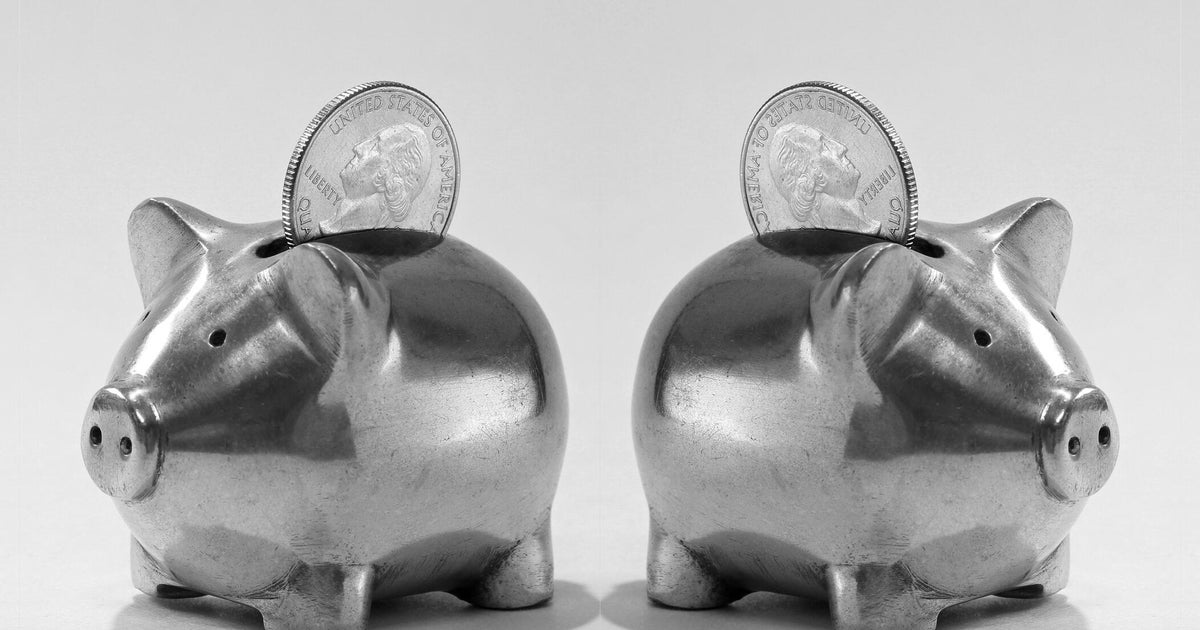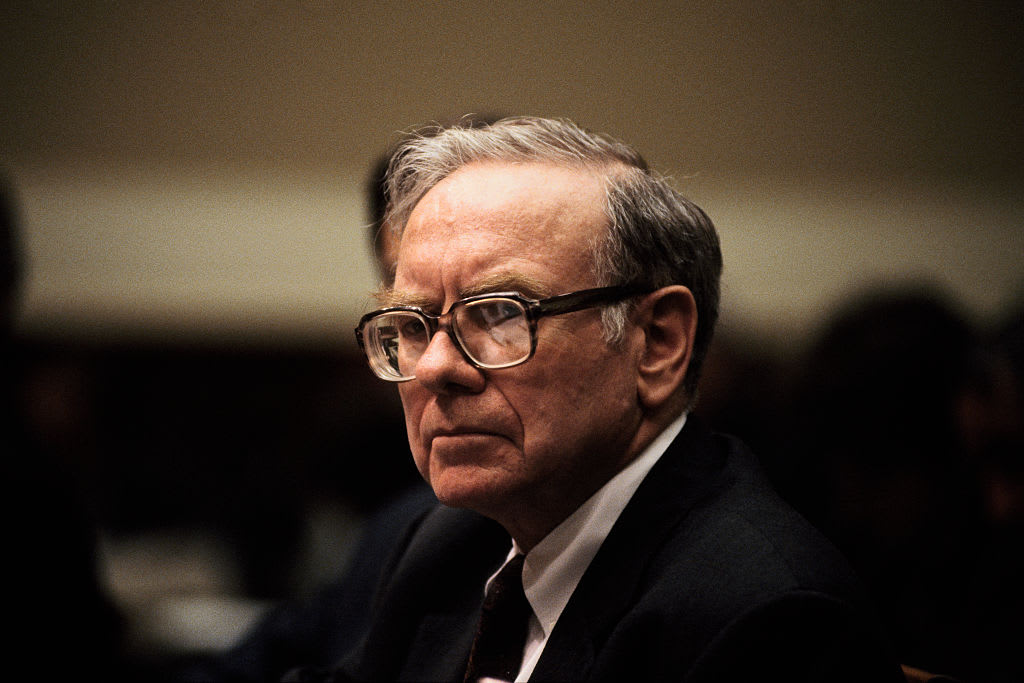The bulls' case for buying IBM stock
Is Big Blue back? IBM (IBM) caught investors' attention last week when it reported what some saw as positive and indicative of better things to come. Although the skeptics on Wall Street weren't convinced that IBM's long-awaited turnaround is finally on its way, the bulls viewed the December quarter's results as definitely promising.
"IBM's 2018 guide is incrementally better and encapsulates IBM's ability to stabilize revenues and gross margins," argued Amit Daryanani, equity analyst at RBC Capital Markets. That, he added, should "enable the company to sustain $13.80 earnings per-share despite anticipated headwinds," including a tax rate that IBM sees coming in at 16 percent vs. 12 percent in 2017.
Furthermore, the company expects free cash flow conversion to remain 100 percent in 2018, "with likely focus toward shareholder return," noted Daryanani. And IBM expects gross margins to stabilize in 2018, "thanks to improvements in mix and volume (constant currency growth expected), better leverage in its strategic imperatives and productivity improvements in services," he asserted.
Daryanani acknowledged that the December quarterly report would "broadly underwhelm investors (for now) given steady revenue headwinds (beyond systems/mainframe) and gross-margin declines across the board."
One such "underwhelmed" analyst is Moshe Katri of securities firm Wedbush, who describes the quarterly result as a "low-quality earnings beat" because the company's large legacy exposure "continues to cannibalize revenue growth while compressing margins."
"Bottom line, IBM margins remains in a 'work-in-progress' mode," he said, as it "continues to convert its revenue base away from an asset/labor-intensive legacy model into asset/labor-light 'digital' solutions.'" Katri has a "neutral" rating on IBM, with a price target of $185. The stock closed on Tuesday at $166.25, up 2.3 percent, or $3.66.
Even the bulls don't expect a quick uptick in investor attitudes toward IBM's stock in spite of the positive outlook they discern from the fourth-quarter results. One reason is it will take time to analyze IBM's revenue growth profile, said David M. Grossman, equity analyst at investment firm Stifel, who rates IBM as a "buy," with a price target of $182 a share.
And with IBM's nearly 4 percent dividend yield, "we believe the market is discounting IBM will remain in secular decline independent of its growth initiatives, and that the current level of free-cash-flow generation, which covers capital returns and acquisitions, is unsustainable."
Even so, Grossman believes IBM's risk-reward profile "remains attractive given very negative market sentiment and several potential catalysts over the next 12 months, which could drive both estimates and the (price-earnings) multiple higher." These catalysts, said Grossman, include extended mainframe/server product cycles, reaccelerating services growth and a weaker U.S. dollar (50 percent-55 percent of IBM's revenue is denominated in foreign currency).
One huge factor that has negatively affected IBM shares was Warren Buffett's move in November to trim Berkshire Hathaway's (BRK.A) stake in it to roughly 37 million shares (about $4.5 billion worth) from 54 million shares ($8.3 billion).
But while CFRA equity analyst David Holt said Buffett's move has put downward pressure on the stock over the short term, "we don't believe that this negates the fundamental stabilization of key segments (Systems and Global Business Solutions) that have been a drag in the past at IBM."
He added, "Coupled with nascent success in scaling up cloud [computing], which rose 30 percent in the third quarter, we think this helps power solid trends in Strategic Imperatives and lends more incremental margin lift."
Holt recommends IBM shares as a "buy," with a 12-week price target of $175 a share, helped by share repurchases. He sees IBM earning $13.98 a share in 2018.



